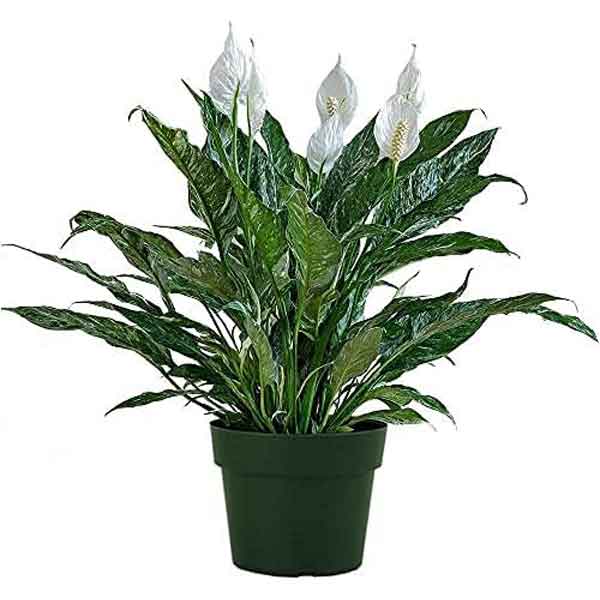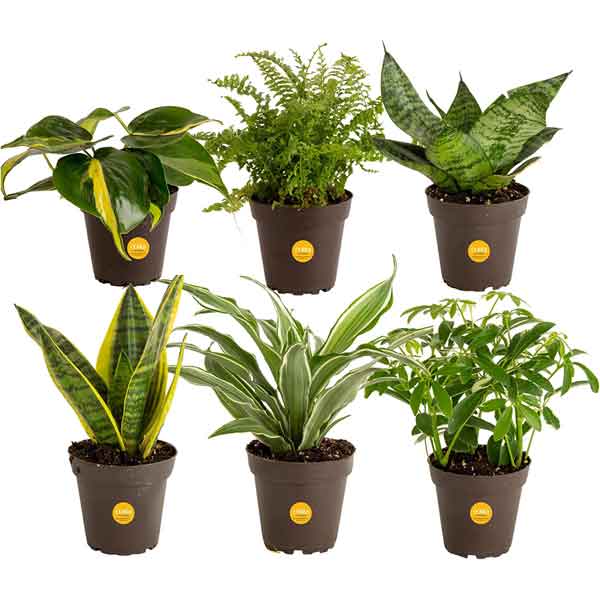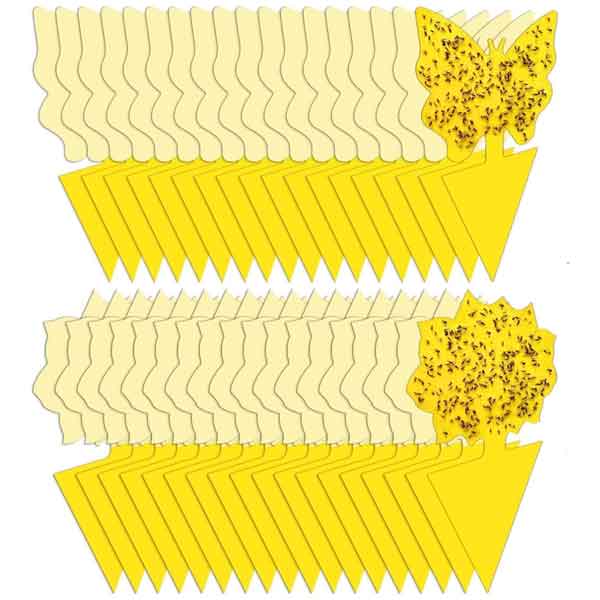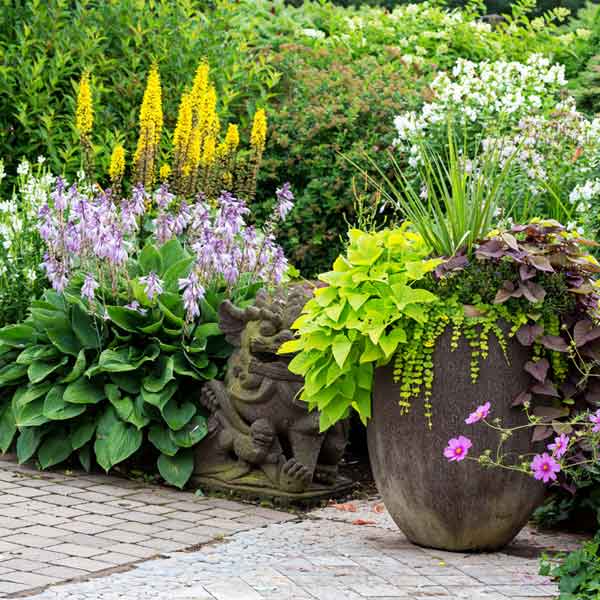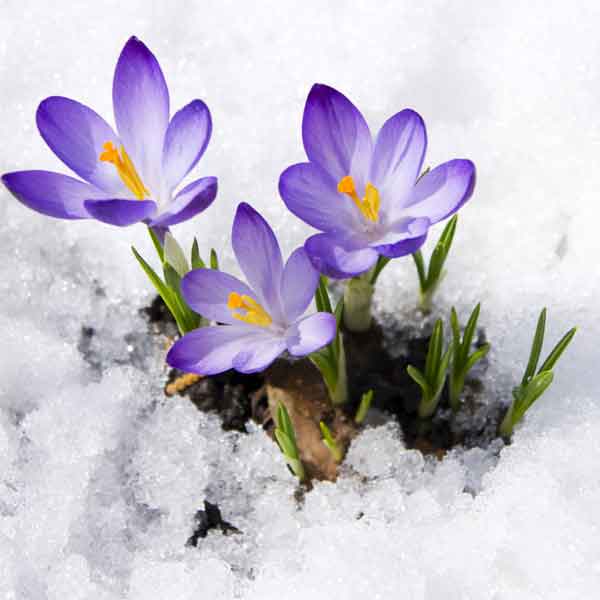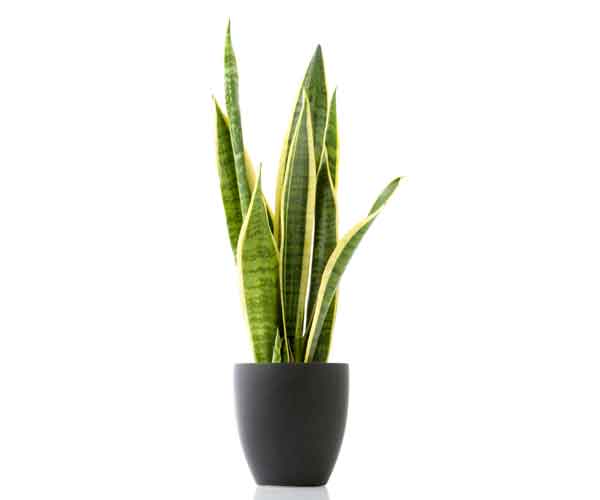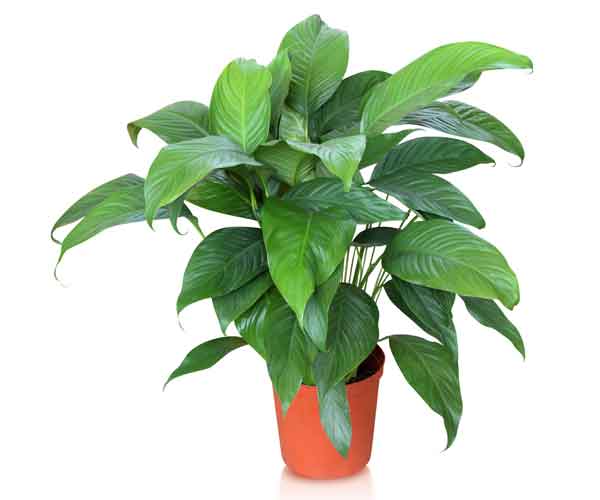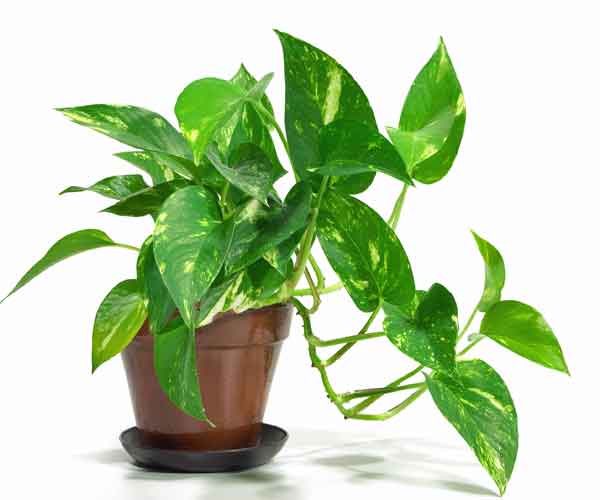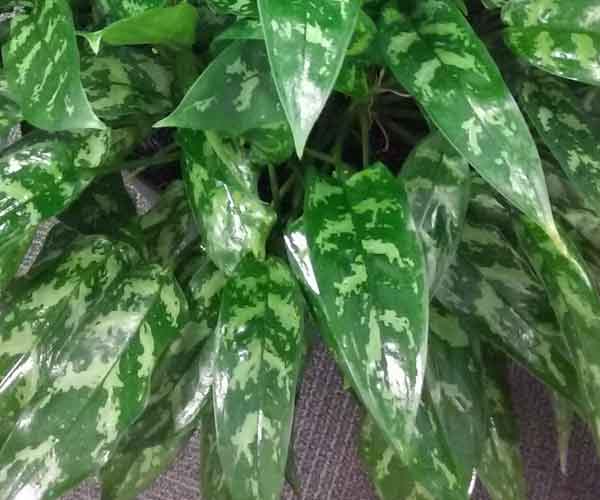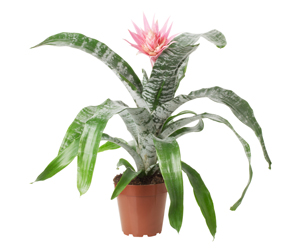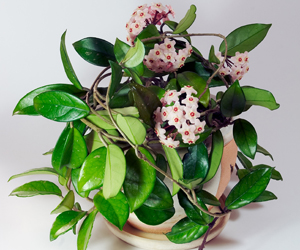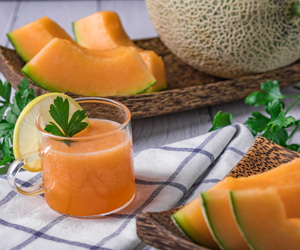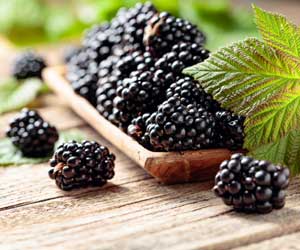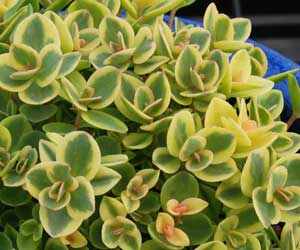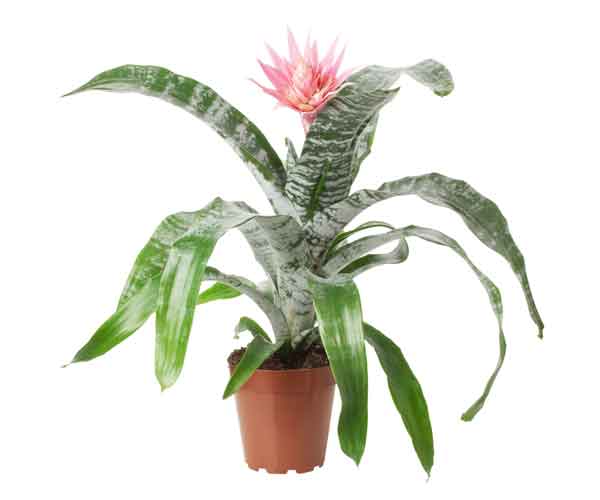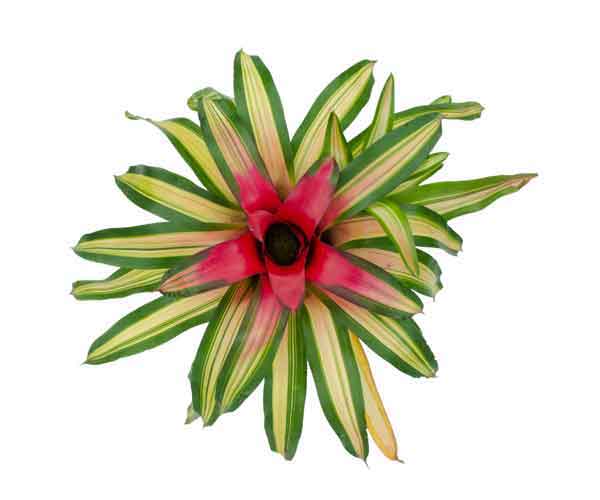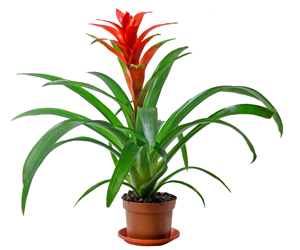How to Care for Croton Plant
Indoor House Plants
Croton house plants are one of the more colorful indoor tropical plants. It is hard not to notice this bushy, upright plant because of the vividly colored foliage. The Croton house plant, or Codiaeum variegatum pictum, has leaves splashed with green, orange and red with the veins often yellow, depending on the variety.

Care for Croton Houseplant
There are many different types of Croton house plants, most commonly with oval shaped leaves but some of the varieties have forked leaves, long ribbon-like leaves or lobed leaves. Some even have ruffled, twisted or curled leaves. The most used Codiaeum variety is generally the Croton Petra or Norma. These are my favorite Croton plant varieties for use indoors as houseplants.
Sometimes referred to as Joseph's Coat, because of its many colors, Croton is a member of the Euphorbia plant family. One of its relatives is the Poinsettia, Euphorbia pulcherrima.
Croton Plant Care Question?
Croton houseplant questions? I would be happy to answer any houseplant questions as I can. Free of charge, no sign-ups required!
Croton house plant questions or problems? You can send a houseplant question but before you do, please finish reading this page and other house plant care information on watering your indoor house plants, how to help keep your houseplant's root system healthy, lighting for your houseplants, and basic houseplant care. These are most important for your house plant's health and this is some of the information I will refer you to if you send an email.
Working in the interior landscape industry, I get a lot of questions from people about their personal house plants and how to keep their own indoor house plants growing and healthy. That is why I started this website, to help others learn how to care for their indoor plants and flowers. So please read on!
⚘ How This Website Started ⚘
Hi Plant and Flower People!
I started this website in 2012 while helping my younger brother through a fight with terminal cancer. Between shopping, cleaning, cooking, laundry, doctor/hospital visits, and other tasks to help him, I taught myself HTML/CSS and other skills used in creating a website. My brother had a very successful stock photography website himself and his advice to me was to make a website about something you know.
I had left a job in the interior landscape industry in 2012 (I have worked in the interior landscape industry since 1986) to go across the country to help him out. So that became the subject of this website, indoor house plant and flower care.
It costs money for hosting service, domain fees, etc. to keep websites running. That is why I have third party ads/Amazon products and other affiliate links on webpages. Please use them if they are helpful to you as I earn commissions/ad revenue through them and they help pay costs for hosting, domain name, etc.
If you need some help with the general care of your indoor plants and flowers, read about basic houseplant care. You can also email houseplant care questions or requests for help identifying your mysterious indoor plant!
Please also consider supporting this website with a donation, if you can. Any help is appreciated. Hope you find some helpful information here. Thank you and read on Plant People!
Ads By Google
Plant Care for Croton
How to Water
Watering your Croton plant - From spring through summer, in high light let the potting media dry down one-fourth of its depth. In medium light, allow to dry down about 1/2 of the soil depth. Let Croton dry down almost completely fall through winter. Remember that lighting and watering are very relative to each other. Low light will require less frequent watering.
Indoor Croton House Plants
Other Care Tips
Temperature and Humidity - Croton should be kept in warm temperatures, with the minimum being approximately 60°F. Keep out of drafts and move away from windows in the winter if you live in a cold climate, as the glass can also get quite cold. Croton plants like high humidity which you can provide by placing on a humidity tray, misting frequently, grouping with other plants or placing in a room with naturally high humidity.
Croton house plants will drop leaves if they are exposed to cold drafts, watering stress (under or over-watering) or insect infestations. In lower light situations, the variegation will fade and some lower and inner foliage will be lost. Keep Croton root bound to help avoid problems due to over-watering.
Home Garden Plants Flowers
Amazon Affiliate Links - May Earn Commission - Thanks!
Lighting for Croton - While it is an attractive plant, it can be difficult to keep looking good if not provided the proper growing conditions and plant care. One necessity for a healthy Croton plant is bright light, whether it is natural or artificial light.
I have had success with Croton under bright artificial lighting. While the variegation will fade somewhat, the colors will become deeper and darker. The Croton plant may also lose more of its lower and inner growth under an artificial light source.
Many indoor house plants can be kept in very low lighting but Croton is not one of them. To keep your Croton looking good with colorful, dense foliage, provide a bright spot near a window. An east or west facing location is ideal but any brightly lit spot will do. A sun room, greenhouse or atrium would be fantastic for this plant of many colors.
Spider mites are a very common insect problem with a Croton. They are also prone to mealybugs, scale and thrips. Keep an eye open for these pests, especially when you first bring a new plant home.
It is a good idea to quarantine any new additions to your indoor house plant family for a few weeks just to be sure there are not any insects that were not noticed at first. Wash down your new indoor house plant with a mixture of water and mild dish detergent. I like to add a few drops of Eucalyptus essential oil or Orange essential oil to my house plant cleaning solution.
Apply to top and lower leaf and stem surfaces of your house plants, being careful not to saturate the soil. You can clean by hand or use a spray bottle to apply your house plant cleaning solution. I use a sponge moistened with my cleaning solution to gently wipe the top and lower leaf surfaces. Cleaning of your house plants should be a regular part of your Croton houseplant care.
Never apply anything to the foliage of your plant while it is in the sun or when the soil is dry. Water first and move to a shady location. Hope this has been helpful to you as you care for your indoor plants and flowers! More house plant and flower care information below...
Ads By Google
Plants & Flowers
Easy House Plants
Home Gardening
Bromeliad House Plants
Social Media Pages
Plants Flowers
on Twitter
Tweets by plantcare2
PFI Facebook Page
Home and Garden
Houseplant Care Question?
Questions about your indoor house plants or plant care problems? You can send a house plant question, free of charge, no sign ups, registration or log in required!
Before you send a houseplant care question, please be sure to read this information on watering your indoor house plants, how to help keep your your indoor house plants root system healthy and lighting for your indoor house plants and flowers. These are most important for the health of your house plants and this is some of the information I will refer you to if you send an indoor house plant or flower care question.
You can post comments, find answers to plant care questions, or share some of your own plant wisdom on our plant care Facebook Page, Twitter page or visit my plant care blog. You can also find plant pictures, gardening ideas, and more at our plant and flower Pinterest page.
Thanks for visiting and come back soon as houseplant care information, pictures and more are being added all of the time. I hope that your indoor tropical house plants and all of your plants and flowers are happy, green and growing because that is why I started this indoor house plant and flower care website, PlantAndFlowerInfo.com.
Common House Plants Flowers Care Guide
Indoor Plants Pictures Names ⚘ Best Indoor Plants ⚘ Adiantum Fern Care ⚘ Aechmea Bromeliad Plant ⚘ Aglaonema Plant Care ⚘ Aglaonema Maria Plant Care ⚘ Aglaonema Silver Queen Plant Care ⚘ Aglaonema Silver Bay Plant Care ⚘ Anthurium Plants ⚘ Aphelandra Plant ⚘ Arboricola Plant Care ⚘ Aspidistra Plant Care ⚘ Asplenium Nidus Plant Care ⚘ Basic Houseplant Care ⚘ Birds Nest Ferns Plant Care ⚘ Boston Ferns Plant Care ⚘ Botanical Calendars ⚘ Bromeliad Plants ⚘ Build A Greenhouse ⚘ Buy Greenhouse ⚘ Buy House Plants ⚘ Cast Iron Plant ⚘ Chinese Evergreen Plant Care ⚘ Chlorophytum Plant Care ⚘ Codiaeum Houseplant Care ⚘ Corn Plant Care ⚘ Croton Plant Care ⚘ Devil's Ivy Plants & Care ⚘ Dieffenbachia Plant Care ⚘ Dracaena House Plant Care ⚘ Dracaena Janet Craig Plant Care ⚘ Dracaena Marginata Plant Care ⚘ Dracaena Warneckii Plant Care ⚘ Dumb Cane Plant ⚘ English Ivy Hedera ⚘ Ferns Plant Care ⚘ Ficus Trees Plants ⚘ Fittonia Plant Care ⚘ Flower Calendars ⚘ Heart Leaf Philodendron ⚘ Hedera English Ivy ⚘ How to Care for Marble Queen Pothos ⚘ Hoya House Plants ⚘ Lady Palm Plant ⚘ Lucky Bamboo House Plant Care ⚘ Maidenhair Ferns ⚘ Marble Queen Pothos ⚘ Marginata ⚘ Money Tree Plant Care ⚘ Mother In Law Tongue Plant Care ⚘ Names Pictures of Plants ⚘ Nephthytis ⚘ Norfolk Island Pine ⚘ Orchid Flowers ⚘ Palm Plants ⚘ Peace Lily Care ⚘ Philodendron "Brasil" Plant Care ⚘ Philodendron Cordatum ⚘ Philodendron Silver Care ⚘ Plant Calendars ⚘ Poinsettia Plant Flower Care ⚘ Pothos Plant Care ⚘ Rhapis Palm Plant Care ⚘ Sansevieria Plant Care ⚘ Schefflera Plant Care ⚘ Self-Watering Planters ⚘ Care of Silver Bay Plant ⚘ Snake Plant Care ⚘ Spathiphyllum Care ⚘ Spider Plant Care ⚘ Care of Syngonium Plant ⚘ Succulent Plant Care ⚘ Warneckii Plant Care ⚘ Weeping Fig Tree ⚘ Zebra Plant ⚘ ZZ Plant House Plant Care ⚘ Plant Links
Other Plant Flower Links
Best Indoor Plants ⚘ Indoor House Plants Pictures Names ⚘ Water Indoor Plants ⚘ Lighting Indoor Plants ⚘ Bonsai Plants ⚘ Common House Plants ⚘ Indoor Palm Plant Care ⚘ Orchids ⚘ Pets & Plants ⚘ Buy Tropical Orchids Orchid Care ⚘ Plant Flower Gifts ⚘ Buy Plants Flowers ⚘ House Plant Guide ⚘ How To Books ⚘ Flowers Plants Poster Prints ⚘ Orchid Art & Posters ⚘ Gardening Calendars ⚘ Greenhouse Books-Gardening
